ACELT1599
Discuss how language is used to describe the settings in texts, and explore how the settings shape the events and influence the mood of the narrative
Elaborations
- identifying and discussing the use of descriptive adjectives ('in the middle of a vast, bare plain') to establish setting and atmosphere ('the castle loomed dark and forbidding') and to draw readers into events that follow (Skills: Literacy, Critical and Creative Thinking, Personal and Social Capability)
- discussing the language used to describe the traits of characters in stories, their actions and motivations: 'Claire was so lonely; she desperately wanted a pet and she was afraid she would do anything, just anything, to have one to care for' (Skills: Literacy, Critical and Creative Thinking, Personal and Social Capability)
- Plus Plan
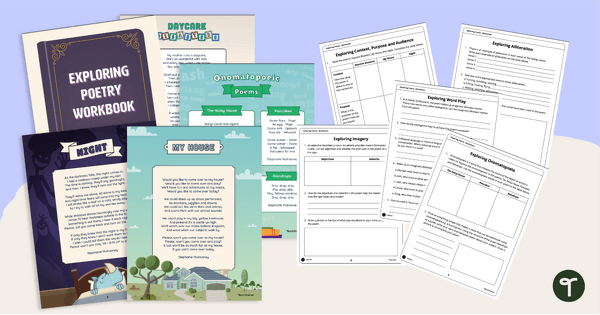
Exploring Poetry Workbook
A workbook to help students become more familiar with the genre of poetry.
- Plus Plan

Introduction to Narrative Features PowerPoint - Year 3 and Year 4
A 23 slide editable PowerPoint template to use when teaching your students about the features of narrative texts.
- Free Plan
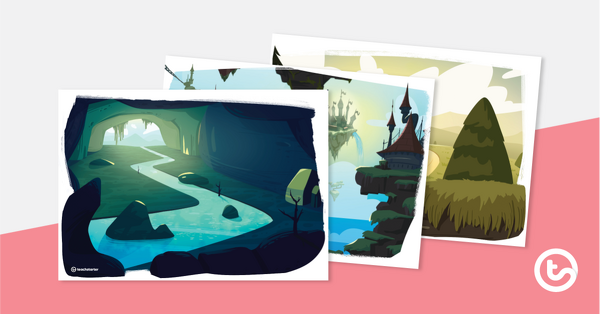
Mysterious Story Setting Background Posters
A set of 3 mysterious story setting posters for students to use in a variety of ways.
- Plus Plan
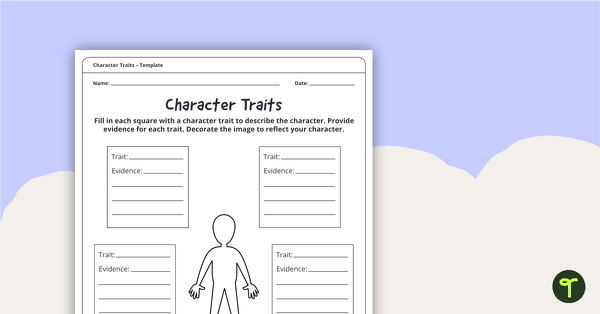
Character Traits Graphic Organiser
Describe the most notable mental and moral qualities of a real or fictional person.
- Free Plan
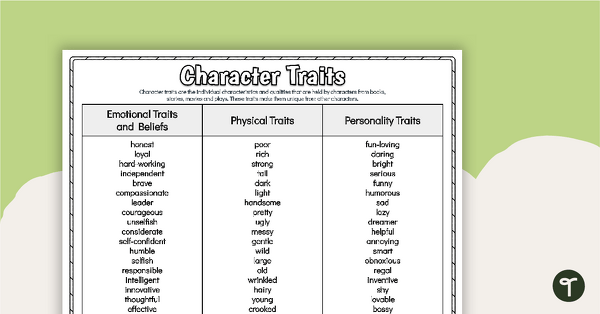
Free Character Traits List
Teach your students to analyse characters more effectively by providing them with a list of character traits.
- Plus Plan
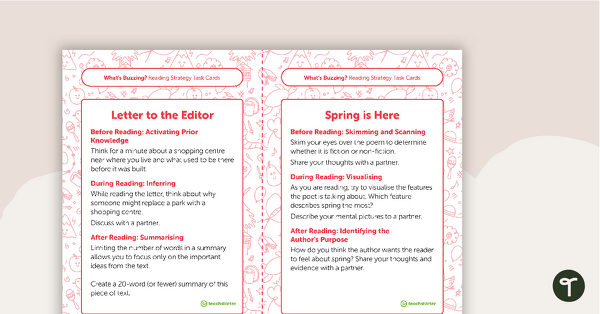
Year 3 Magazine - "What's Buzzing?" (Issue 1) Task Cards
A set of five literacy rotation task cards to be used in conjunction with Issue 1 of Teach Starter's Year 3 magazine.
- Plus Plan
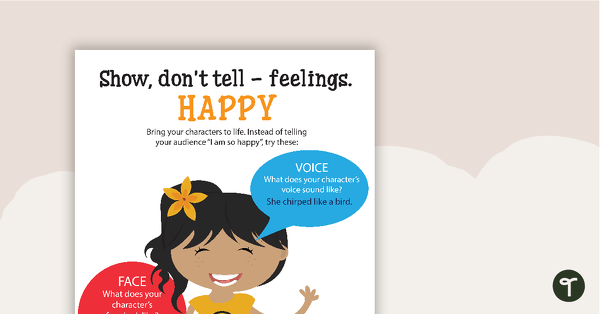
Developing Characters Poster Pack - Show, Don't Tell Feelings
A set of 16 posters about developing and describing characters when writing stories.
- Plus Plan
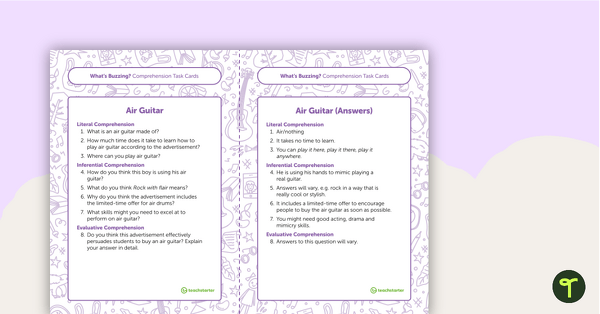
Year 4 Magazine - "What's Buzzing?" (Issue 1) Task Cards
A set of five literacy rotation task cards to be used in conjunction with Issue 1 of Teach Starter's Year 4 magazine.
- Plus Plan
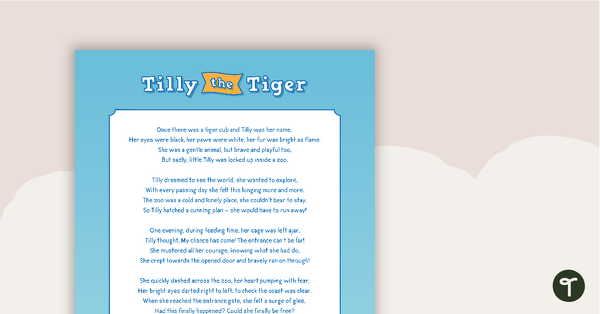
Exploring Poetry Worksheet - Storytelling
A worksheet to help students understand storytelling through poetry.
- Plus Plan
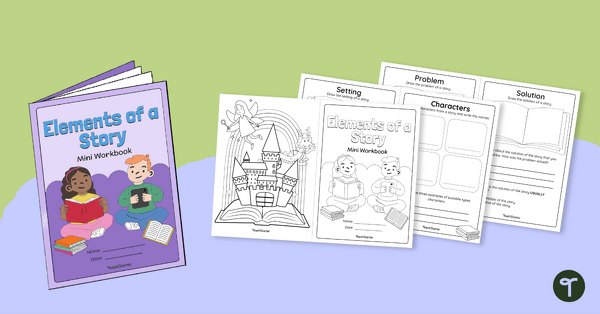
Elements of a Story Activity Workbook
Explore the different elements of a narrative story with this student mini workbook.
- Free Plan
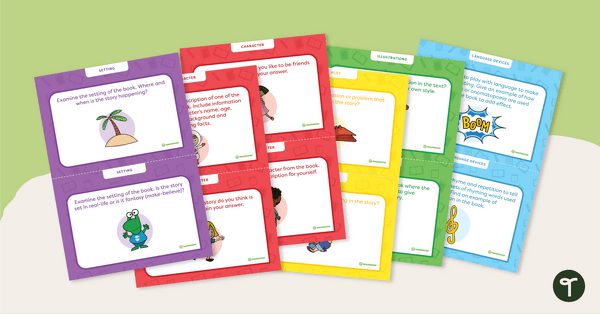
Literature Study Task Cards (Lower Primary)
Explore the wonders of children's literature with this set of 12 literature study task cards for lower primary students.
- Plus Plan
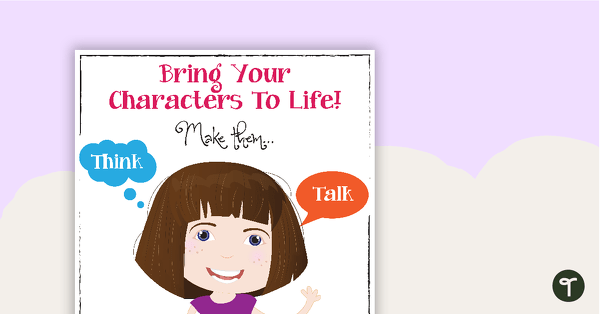
Bring Your Characters To Life Poster
A poster to remind your students to add detail and description to their writing to bring their characters to life.
- Plus Plan
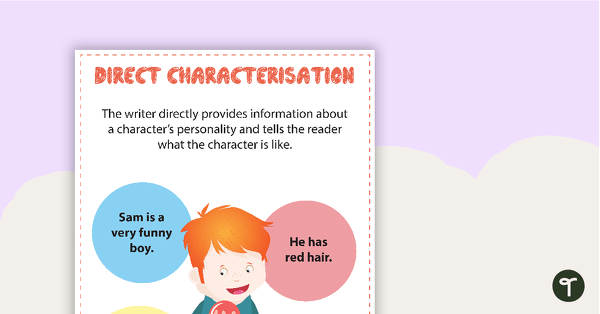
Direct and Indirect Characterisation
A set of two posters explaining direct and indirect characterisation.
- Plus Plan
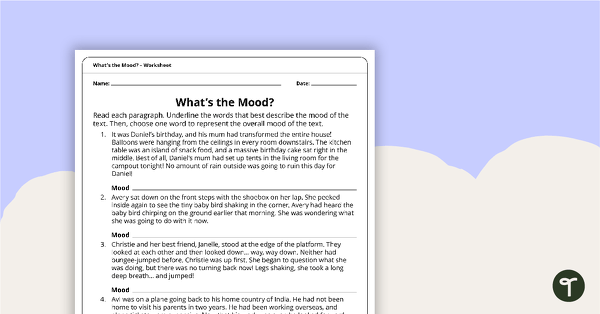
What's the Mood? - Worksheet
A worksheet to practice identifying the mood of a piece of text.
- Plus Plan
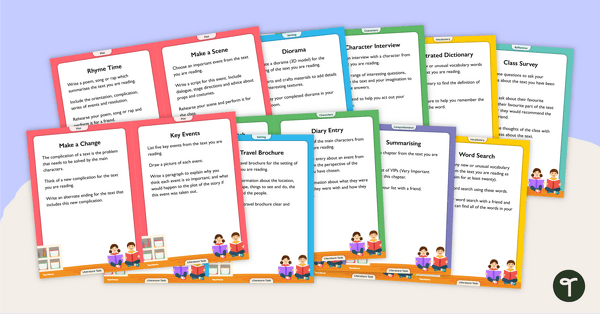
Literature Task Cards
A set of 30 literature tasks to assist your students with examining and responding to literature.
- Plus Plan
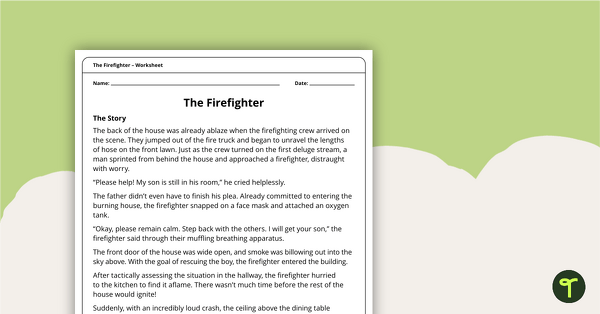
The Firefighter Story – International Women's Day
A story and accompanying worksheet that explores issues regarding female gender stereotypes.
- Plus Plan
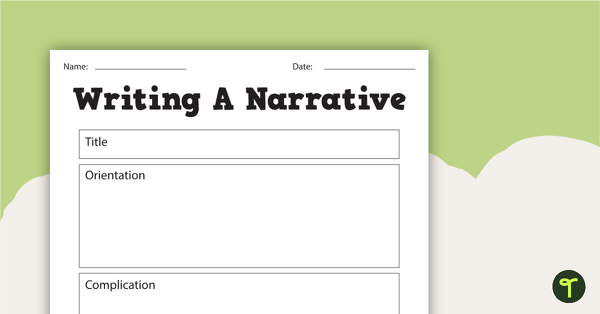
Narrative Writing Pack
A narrative writing teaching pack containing 9 worksheets and posters.
- Plus Plan
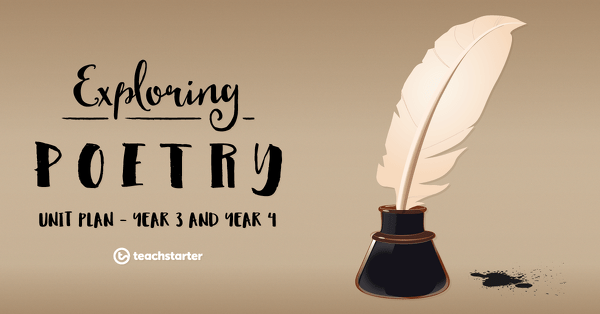
Exploring Poetry - Year 3 and Year 4 Unit Plan
This English unit addresses common poetic devices such as sound play, word play and imagery and explores how these may be applied to narrative poetry.
- Plus Plan
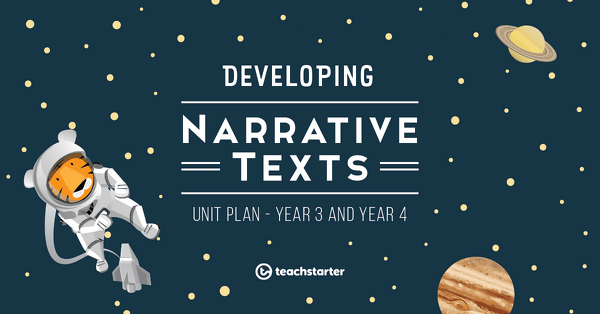
Developing Narrative Writing Skills Unit Plan - Year 3 and Year 4
This English unit addresses the narrative text type, specifically how to plan and write an engaging story.
- Plus Plan
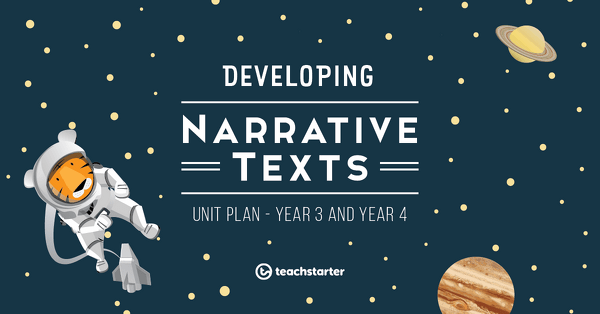
Narrative Features - Creating a Setting
A 60 minute lesson in which students will use descriptive language effectively to create a narrative setting.
- Plus Plan
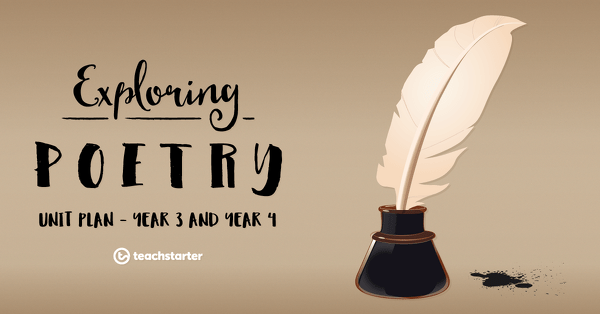
Storytelling Through Poetry
A 60 minute lesson in which students will explore storytelling through poetry.